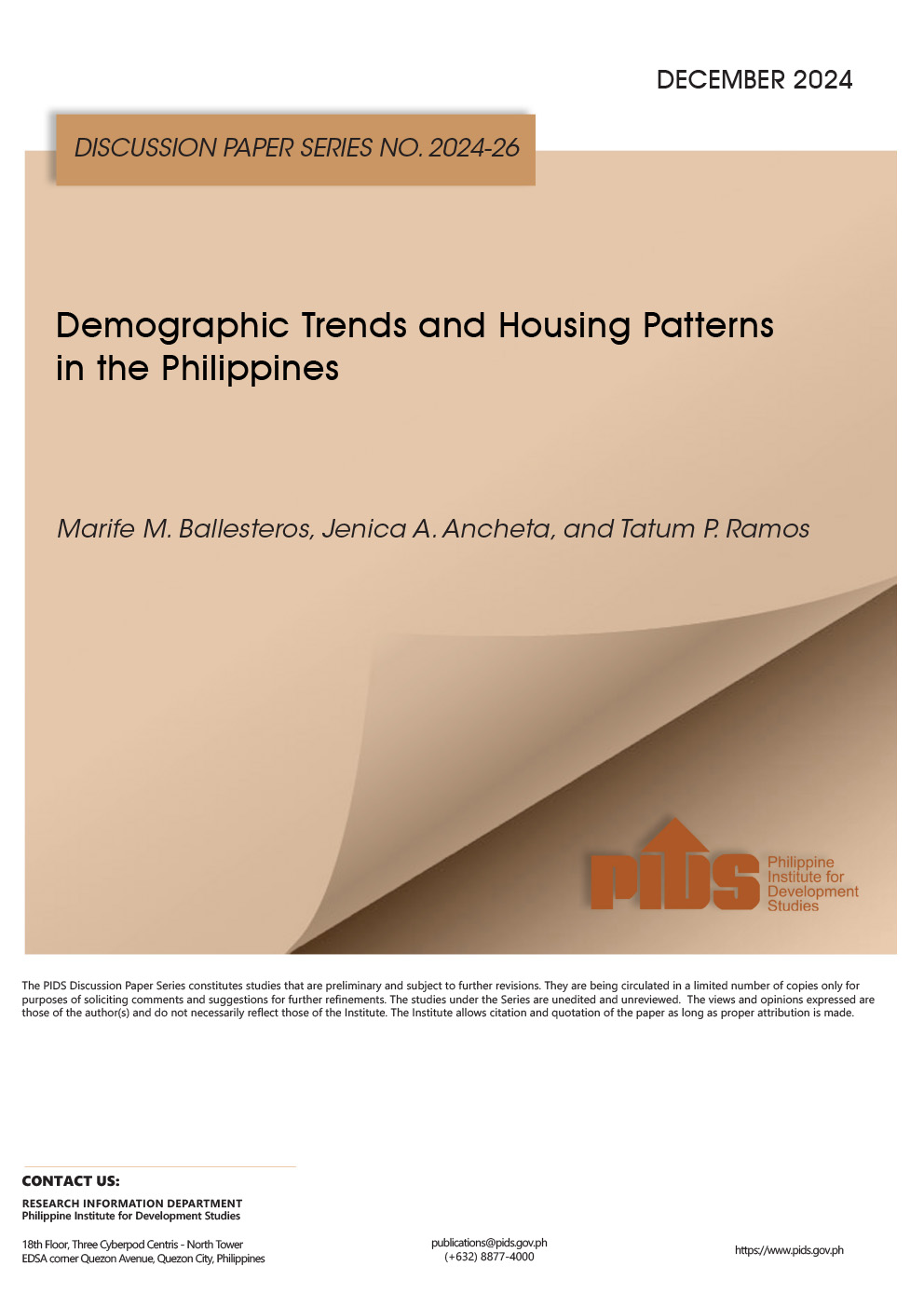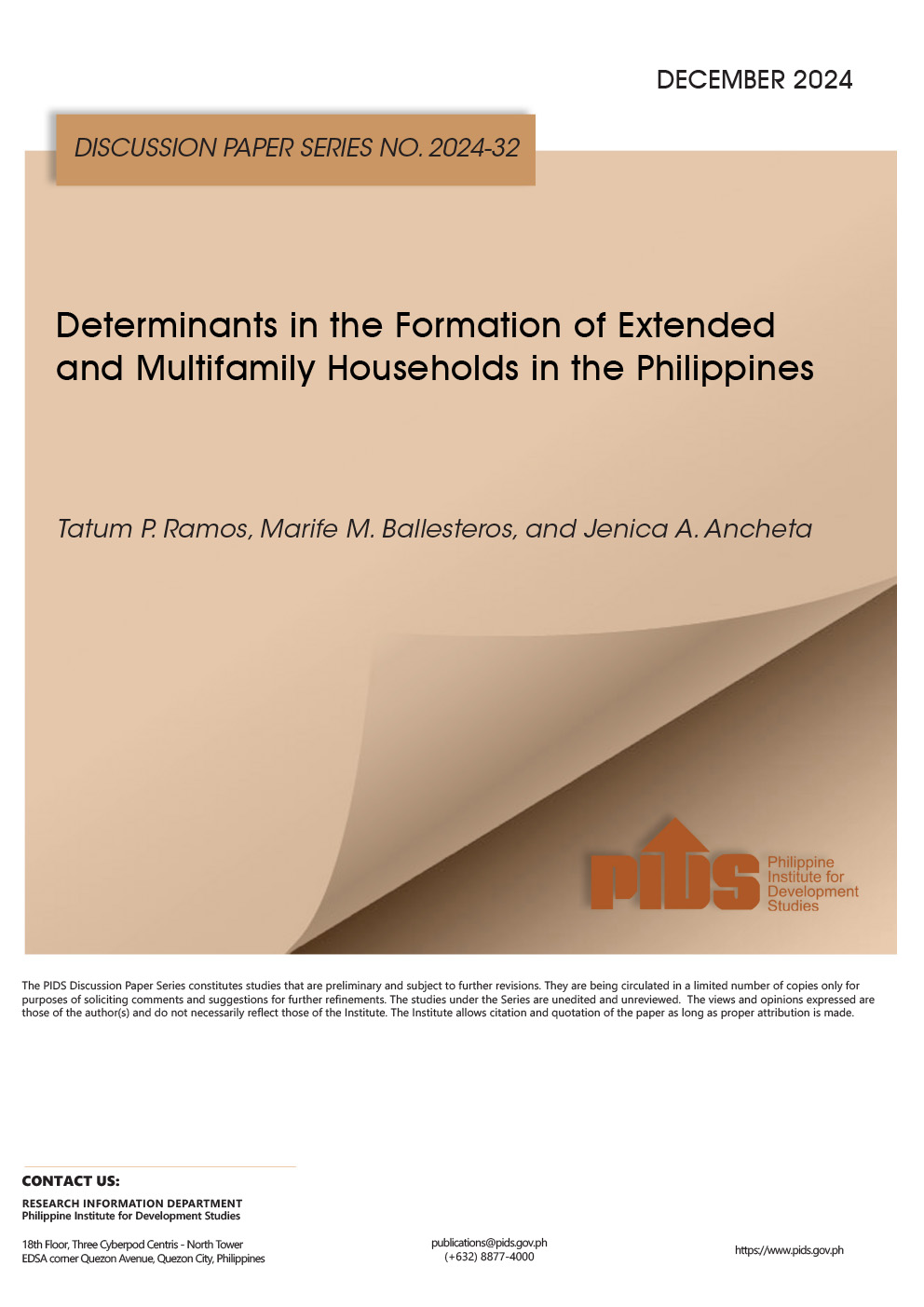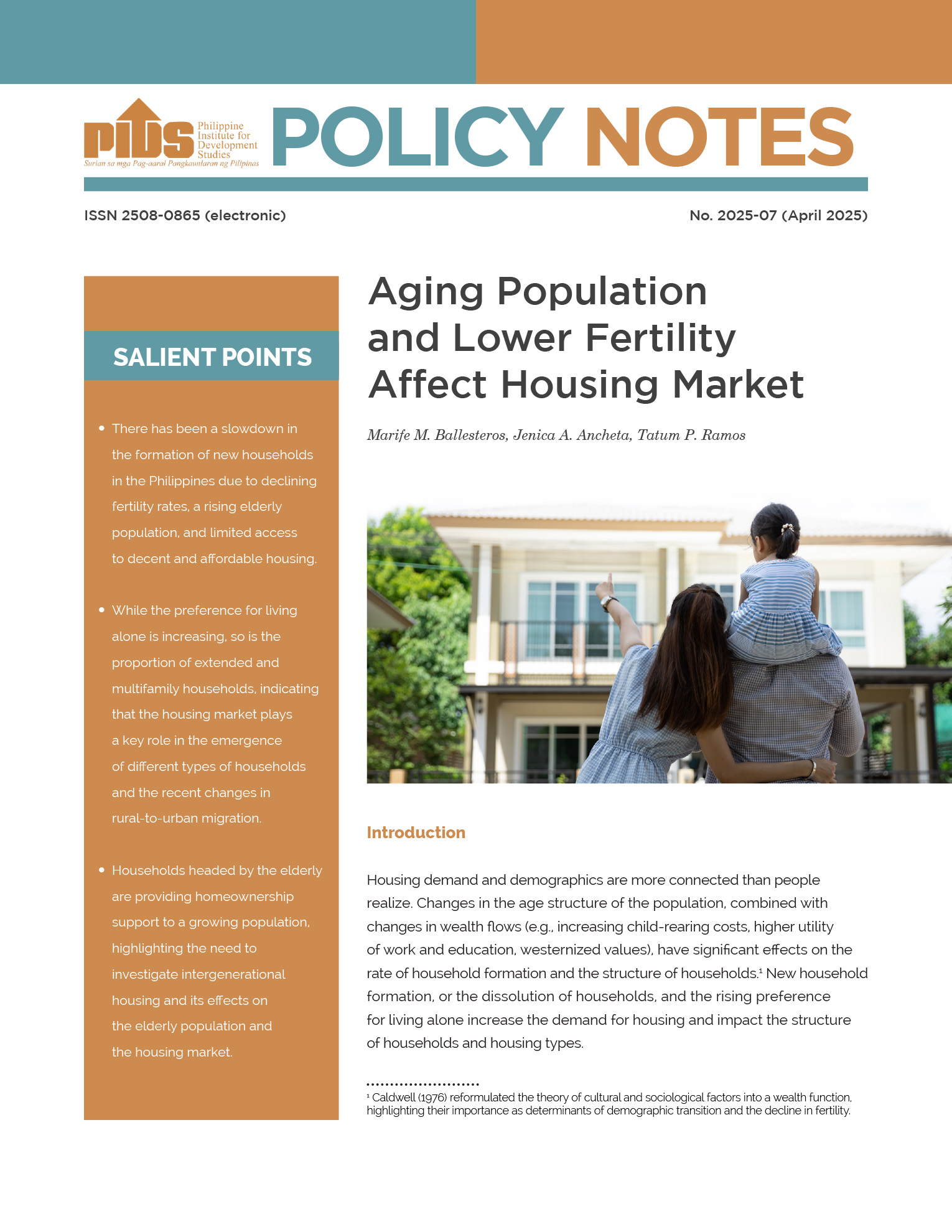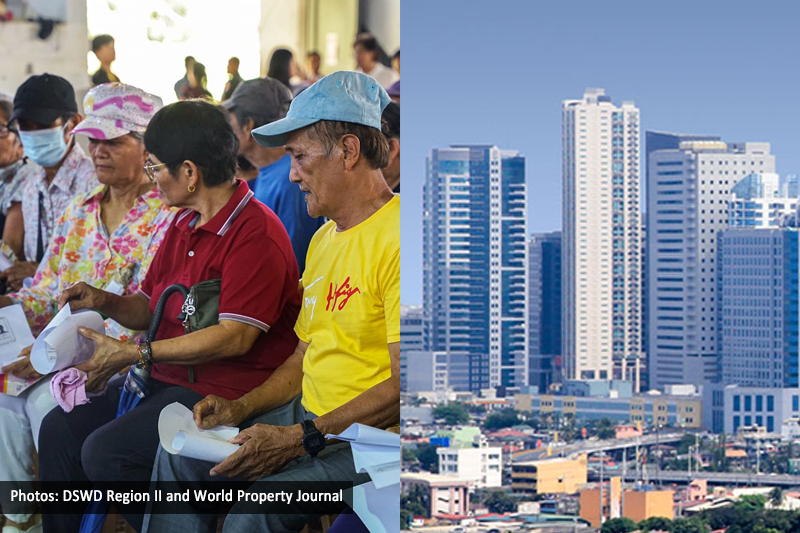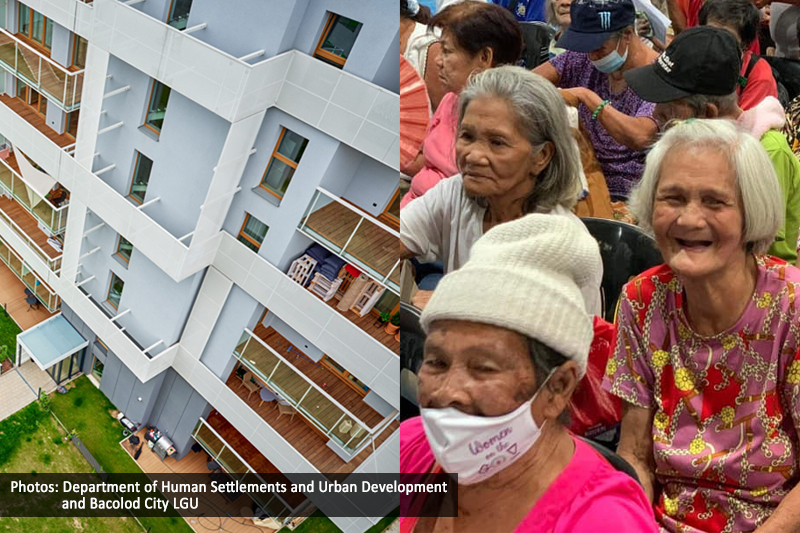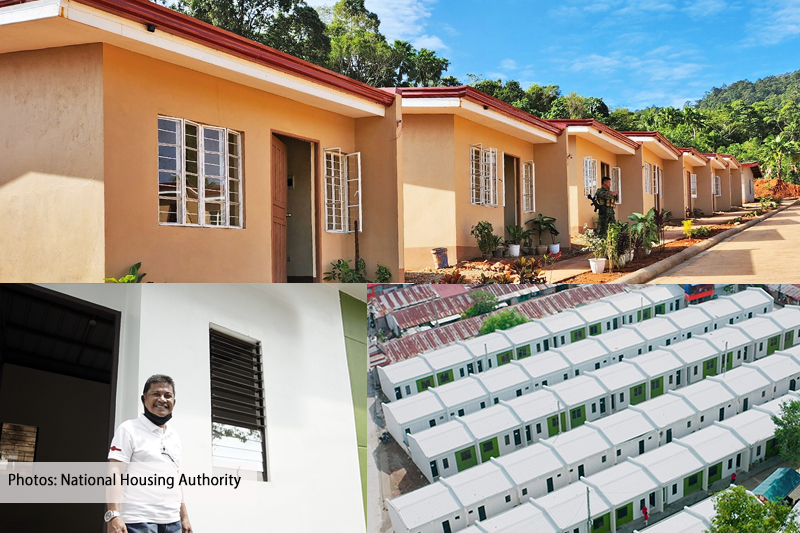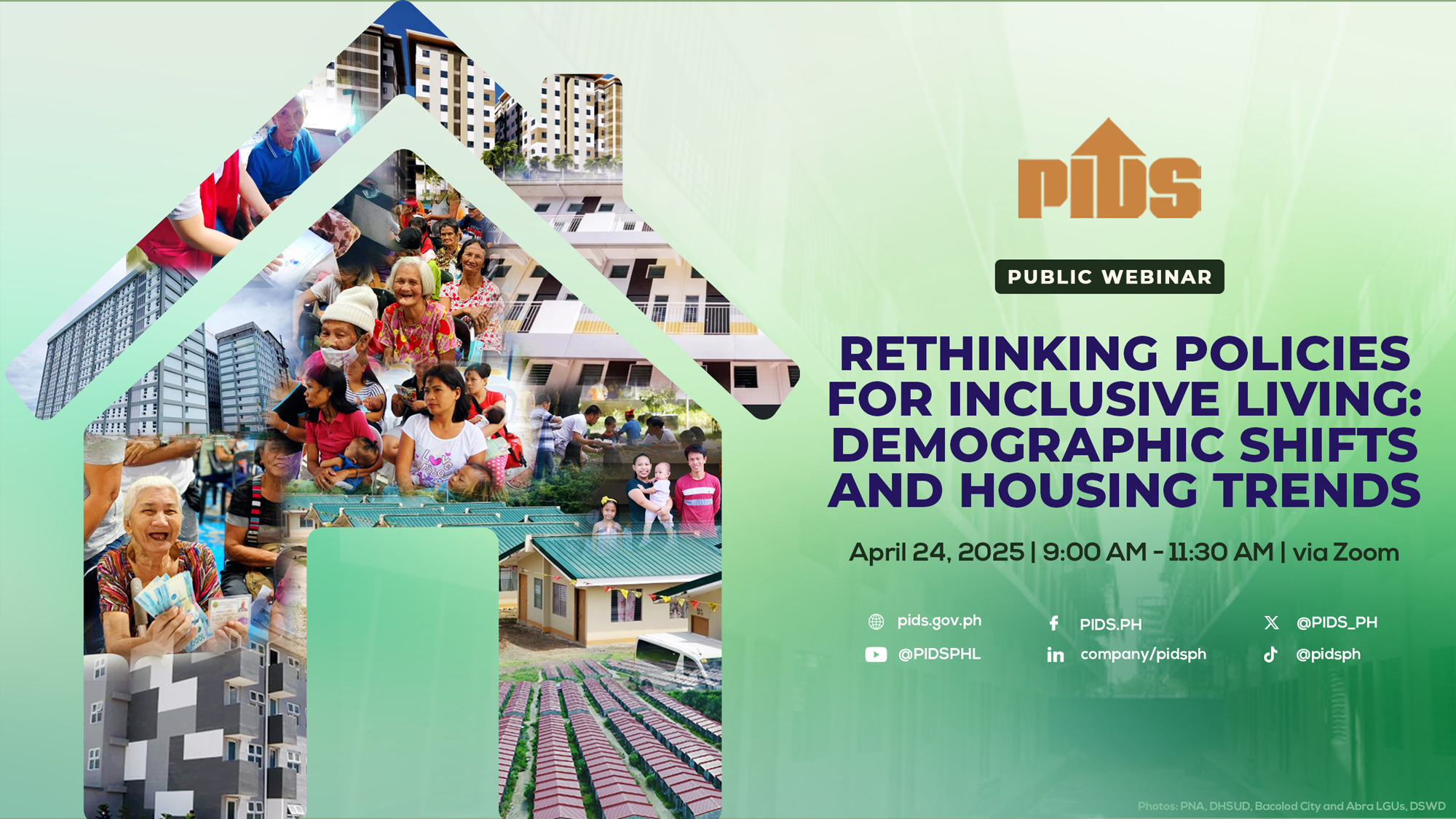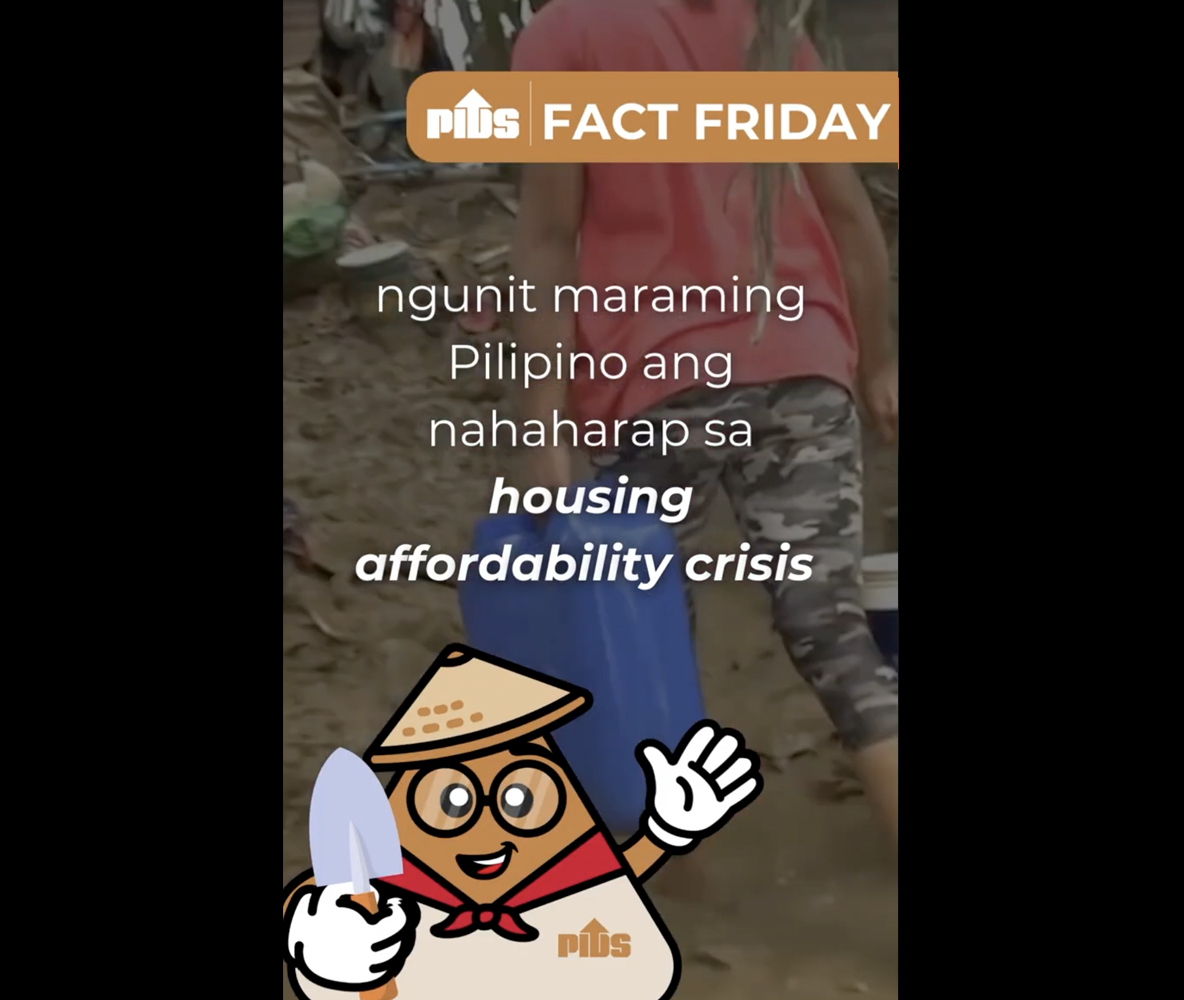“The dream of having a home of their own is one common aspiration shared by all Filipinos but as the rise of property prices continue to shoot up this goal is becoming more and more elusive most especially to low-income earners,” it said.
Lamudi Philippines urged the government to proactively engage the private sector in planning developments in cities and allocate more areas for low-cost housing projects.
“With the government and the private sector sharing ideas and working together, planning for future developments... that will include more low-cost housing will be much easier,” it noted in the report How To Make Housing More Affordable for Filipinos.
The affordability of housing has suffered from “out-of-control” and “unplanned” urbanization, which pushes the demand for residential land in a particular area, Lamudi Philippines said, citing a study by the Housing and Urban Development Coordinating Council (HUDCC).
“The best course of action for this dilemma can start with more proactive engagement of private investors in the national agenda,” it added.
The government has endorsed just one instance of public and private cooperation in property development so far -- the Pabahay sa Riles Project -- which according to Lamudi Philippines was “not exactly a success.”
“As upcoming projects such as the Cavite -- Laguna Expressway and the NLEx -- SLEx Connector Road have been proven to be helpful, we can only hope that joint venture real estate developments will soon be planned and conceptualized for Filipinos,” Lamudi Philippines said.
Lamudi Philippines also cited the public rental housing program floated by Vice-President Maria Leonor G. Robredo when she headed the HUDCC.
“This initiative will help individuals and families who temporarily chose to reside near their workplace in the city but do not intend to acquire a home there. By providing value-for-money ready-for-lease units, the families can save up for that dream house that they can own in the future,” it noted.
Lamudi Philippines cited a study by the Philippine Institute for Development Studies in 2004, which found 33% of the country’s population in urban areas renting and another 17% sharing housing.
“Through helping this big chunk of the market, this might be the way to not only help future homeowners save but also address the issue of informal settlements in key urban areas,” Lamudi Philippines said. --

